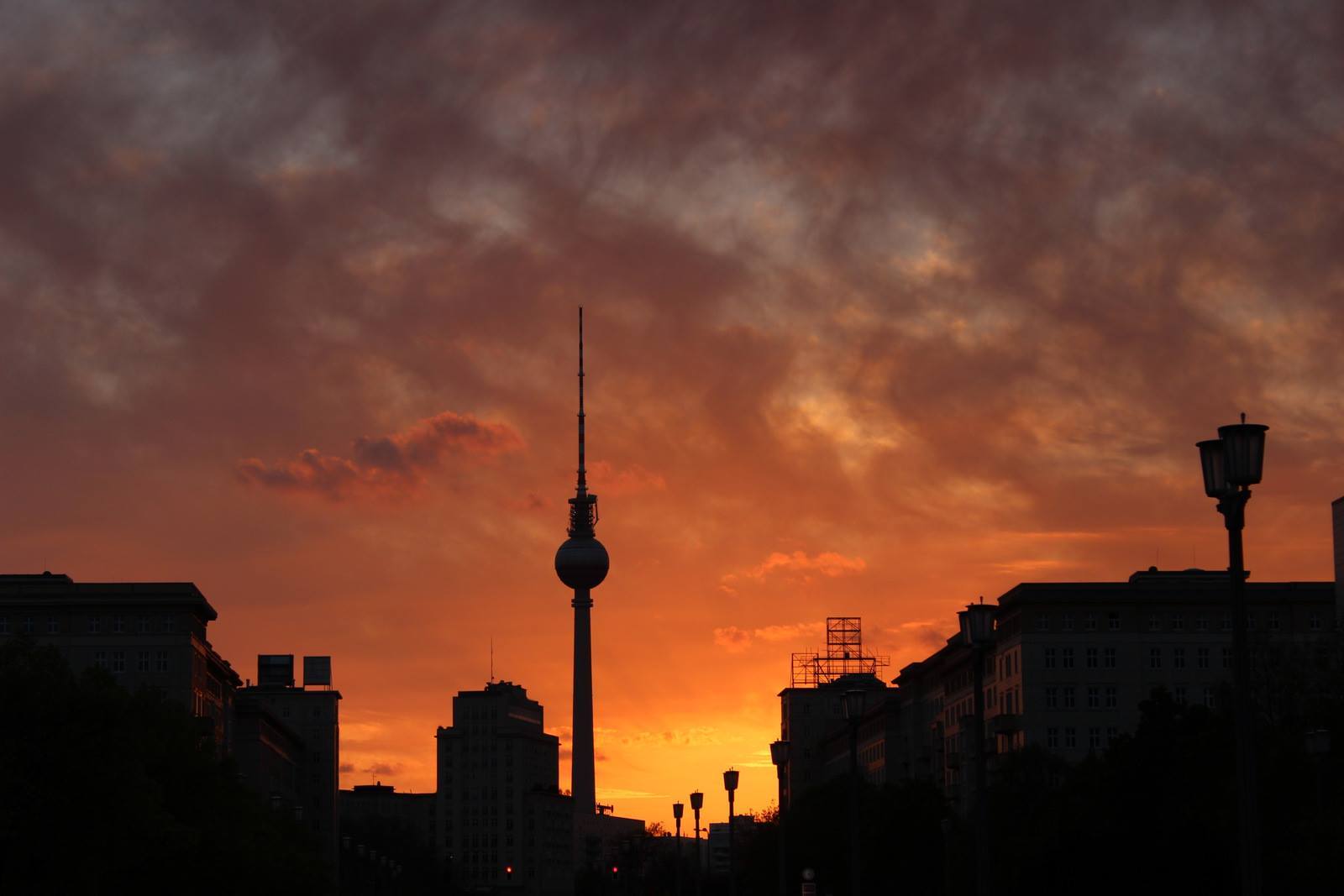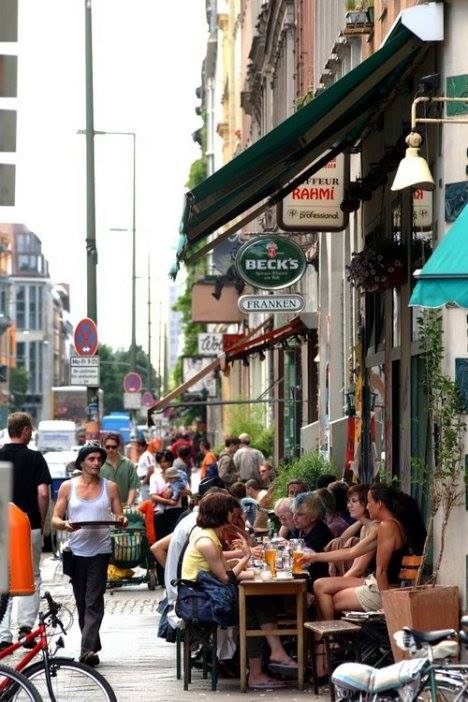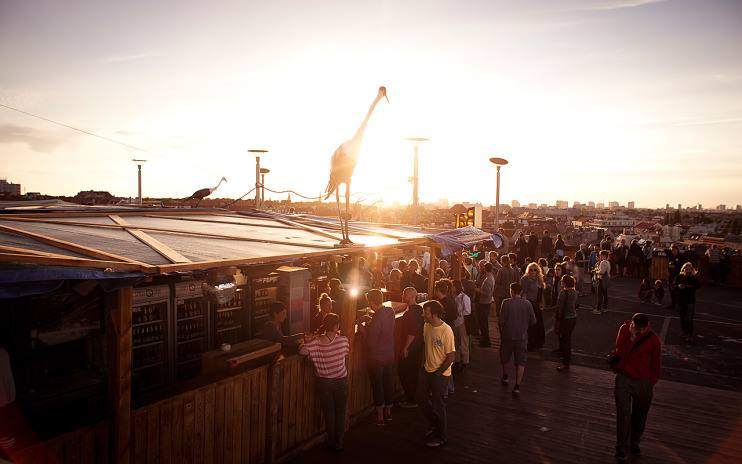
A German in Romania
Name and Surname: Jenny Berger
Age: 22
Country: Germany
Nationality: German
City: Berlin
SOMETHING ABOUT YOUR COUNTRY
- Which is the form of government ruling in your country?
In the Federal Republic of Germany we have a parliamentarian democracy. That means that the most important political decisions are made by a parliament, which is voted by people. Then this parliament votes for the government. The German government, also called “the Cabinet of Germany”, consists of the chancellor (currently Angela Merkel of the CDU, a really conservative party) and the cabinet ministers.
 «This is the “Fernsehturm” – I don’t like it that much, but it’s one of the greatest symbols of Berlin»
«This is the “Fernsehturm” – I don’t like it that much, but it’s one of the greatest symbols of Berlin»
- Do you believe corruption exists in your country? How much do you think it influences political life and your private life?
I am sure that corruption exists in every country, some people are just easily suborned. Mostly corruption is very well hidden and kept as a secret. There are some articles I read a few years ago about corruption in the early 2000s in Germany and about the people who made it public. They say corruption is definitely increasing and campaigns that work against it are fewer and fewer. A current article I found states that still more and more cases are getting exposed. Those affairs have a huge potential to influence the political life and for sure my private life as well, though this happens indirectly.
- Which is your national language? Do dialects exist in your country? If they do, are they used/known by young people?
The national language is German, but there are dialects in every region. I am not sure how many young people are using them, but it might be a lot. Though people who speak in a dialect are sometimes considered less educated and that is why most people, especially those who work in public positions, try to speak in a standard German. Which is kind of sad for me, because dialects are really interesting and make people unique in some points.
- Who do you believe to be the cultural icon of your country?
A cultural icon, or probably the most known German band in the world, is Rammstein. But of course Germany has and had a LOT of important writers, thinkers, philosophers and musicians.
 «aaaaaaaaaaand I think this one is really typical for summer in Berlin: everyone is sitting on the street, drinking coffee, watch perople passing by»
«aaaaaaaaaaand I think this one is really typical for summer in Berlin: everyone is sitting on the street, drinking coffee, watch perople passing by»
WHAT ABOUT EUROPE?
- Do you consider yourself European?
Europe, or the European Union, is fiction to me. Fictive borders, fictive nations. But still, yes, I consider myself a European citizen.
- Are you able to name a person that you consider symbolic for European culture?
I can’t name a person, but I think most of the European ideas, ideologies and trends are delivered through pop culture. So it is the mainstream that defines (for non-Europeans) who and what we are, or at least what is perceived by the general public.
 «This is one of my favorite places in Berlin, called “Klunkerkranich”. It is a garden/bar/cultural center on the roof of a parking house»
«This is one of my favorite places in Berlin, called “Klunkerkranich”. It is a garden/bar/cultural center on the roof of a parking house»
Berlin, bucarest, Bucharest, Erasmus, Europe, featured, German, Germany, Merkel, Rammstein, Romania